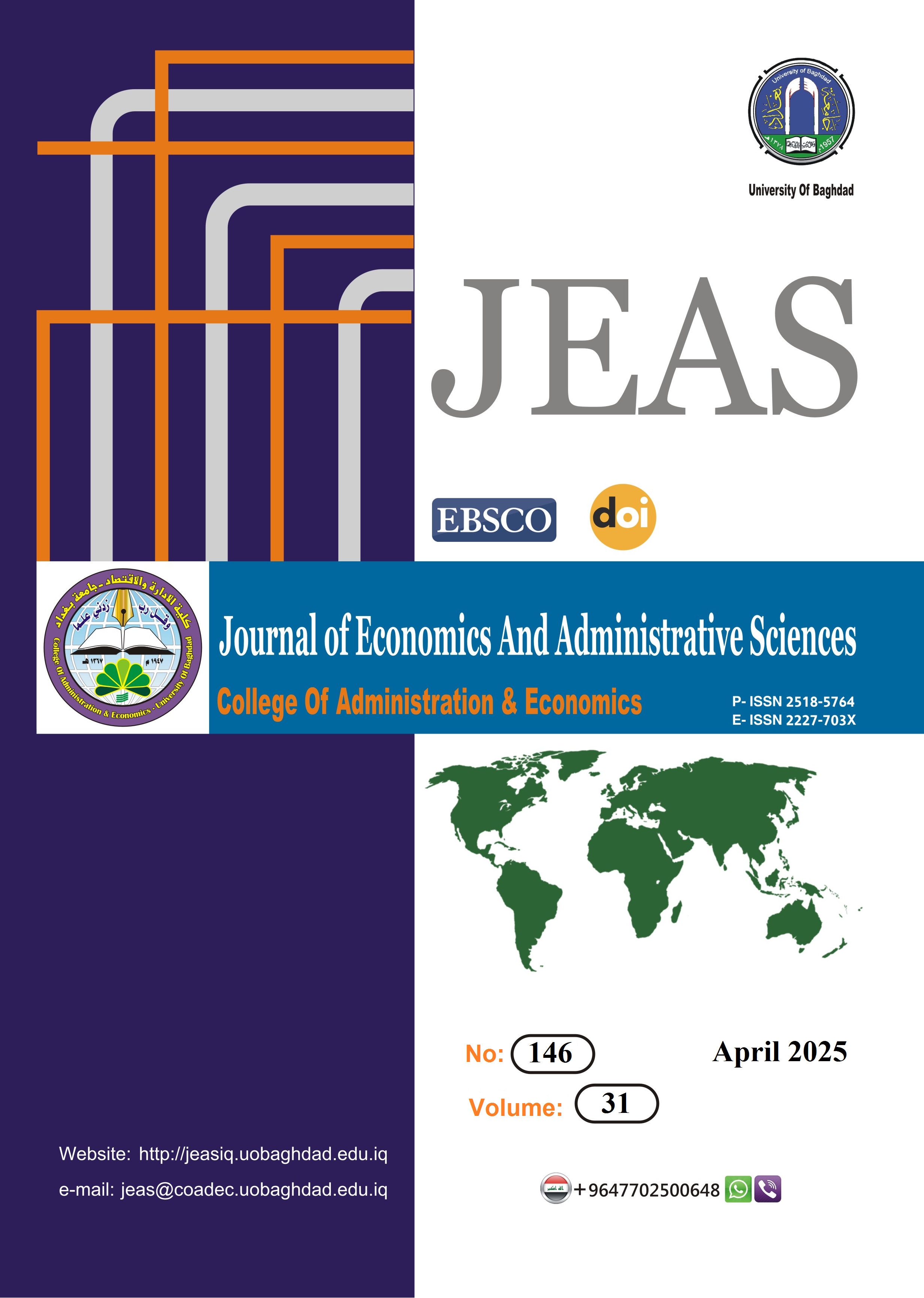Abstract
In evaluating the Iraqi smart ration card system in ISO 37301:2023 compliance management, this study reveals how far the system is compliant with international requirements, what gaps exist, and what areas need strengthening for efficiency and transparency purposes. Case study methods greatly complemented by the use of checklists, interviews, and various forms of statistical analysis, were employed to study the level of compliance of the smart ration card.
The results show that there exist considerable gaps in documentation, compliance risk assessment, and resource support, which weakens the system\\\\'s ability to ensure food security and prevent fraud. While high levels of adherence exist in compliance planning and internal auditing, operational barriers and a lack of regulatory enforcement prevent full implementation. The study stresses the need for effective governance, stakeholder involvement, and better compliance monitoring to ensure that the smart ration card fits global standards.
The research concludes that the implementation of the ISO 37301:2023 principles could enhance food security, improve distribution of rations, and ensure legal compliance. In closing, the authors suggest a reform agenda, better training programs, and improvements to digital infrastructure to close the compliance gaps. Future studies should look at technology-based solutions for improving compliance frameworks in public sector service delivery.
The results show that there exist considerable gaps in documentation, compliance risk assessment, and resource support, which weakens the system\\\\'s ability to ensure food security and prevent fraud. While high levels of adherence exist in compliance planning and internal auditing, operational barriers and a lack of regulatory enforcement prevent full implementation. The study stresses the need for effective governance, stakeholder involvement, and better compliance monitoring to ensure that the smart ration card fits global standards.
The research concludes that the implementation of the ISO 37301:2023 principles could enhance food security, improve distribution of rations, and ensure legal compliance. In closing, the authors suggest a reform agenda, better training programs, and improvements to digital infrastructure to close the compliance gaps. Future studies should look at technology-based solutions for improving compliance frameworks in public sector service delivery.
Keywords
compliance management
Food Security.
ISO 37301
Smart ration card
Abstract
In evaluating the Iraqi smart ration card system in ISO 37301:2023 compliance management, this study reveals how far the system is compliant with international requirements, what gaps exist, and what areas need strengthening for efficiency and transparency purposes. Case study methods greatly complemented by the use of checklists, interviews, and various forms of statistical analysis, were employed to study the level of compliance of the smart ration card.
The results show that there exist considerable gaps in documentation, compliance risk assessment, and resource support, which weakens the system\\\\'s ability to ensure food security and prevent fraud. While high levels of adherence exist in compliance planning and internal auditing, operational barriers and a lack of regulatory enforcement prevent full implementation. The study stresses the need for effective governance, stakeholder involvement, and better compliance monitoring to ensure that the smart ration card fits global standards.
The research concludes that the implementation of the ISO 37301:2023 principles could enhance food security, improve distribution of rations, and ensure legal compliance. In closing, the authors suggest a reform agenda, better training programs, and improvements to digital infrastructure to close the compliance gaps. Future studies should look at technology-based solutions for improving compliance frameworks in public sector service delivery.
The results show that there exist considerable gaps in documentation, compliance risk assessment, and resource support, which weakens the system\\\\'s ability to ensure food security and prevent fraud. While high levels of adherence exist in compliance planning and internal auditing, operational barriers and a lack of regulatory enforcement prevent full implementation. The study stresses the need for effective governance, stakeholder involvement, and better compliance monitoring to ensure that the smart ration card fits global standards.
The research concludes that the implementation of the ISO 37301:2023 principles could enhance food security, improve distribution of rations, and ensure legal compliance. In closing, the authors suggest a reform agenda, better training programs, and improvements to digital infrastructure to close the compliance gaps. Future studies should look at technology-based solutions for improving compliance frameworks in public sector service delivery.
Keywords
compliance management
Food Security.
ISO 37301
Smart ration card
